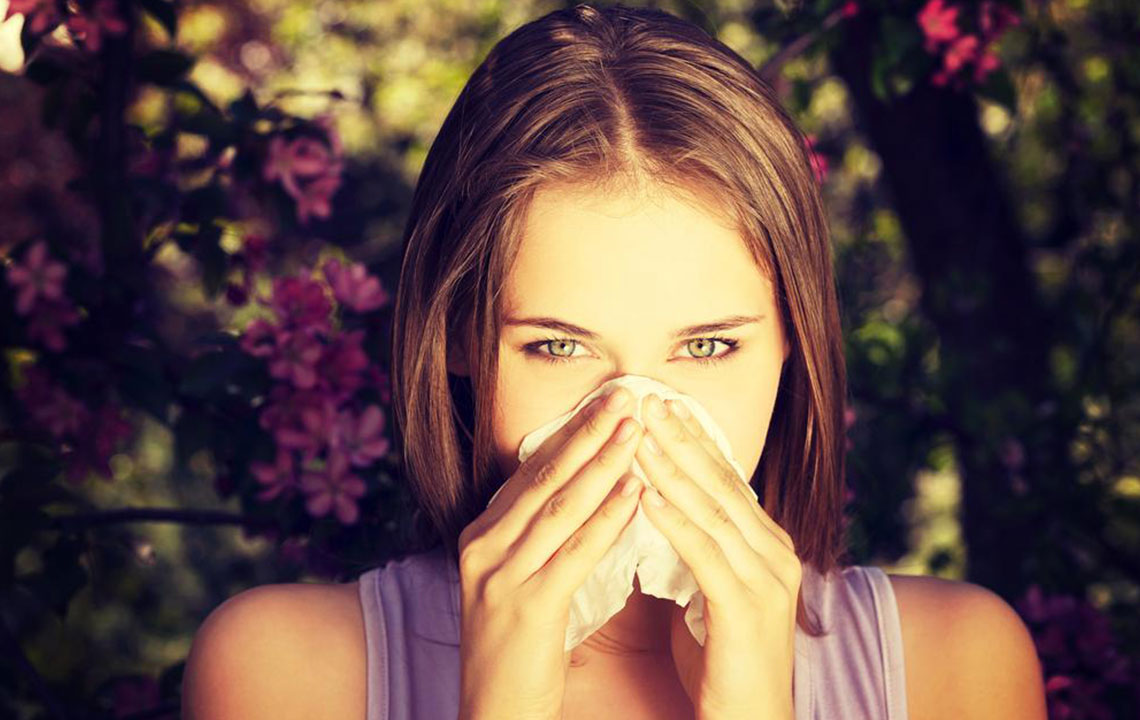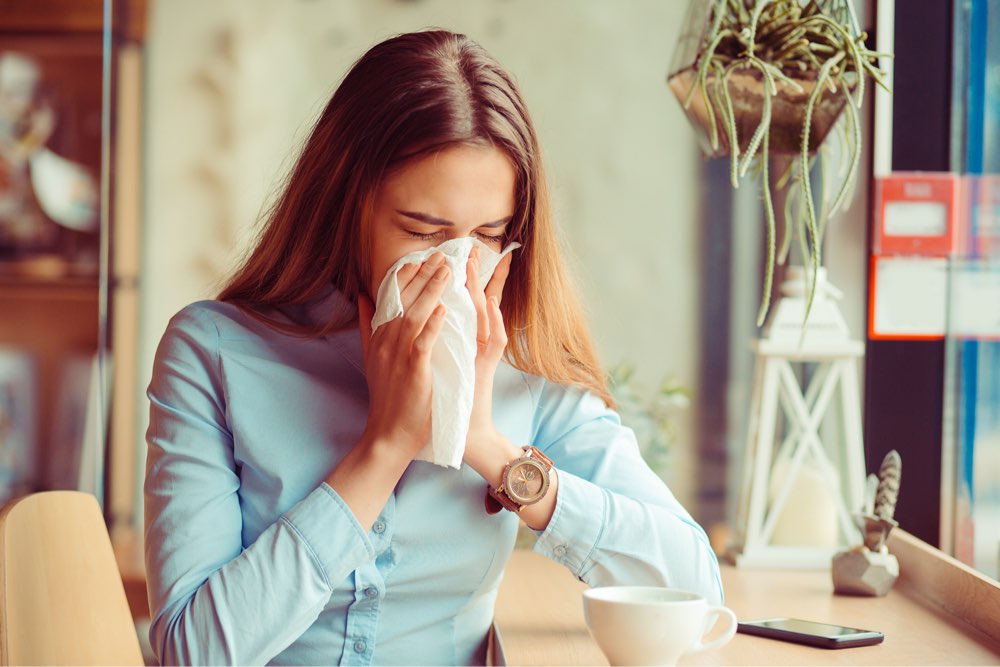Effective Strategies to Manage Seasonal Allergy Symptoms
Discover effective strategies to manage seasonal allergy symptoms, including recognizing triggers, using protective gear, monitoring pollen counts, and maintaining indoor air quality. Implementing these tips can help reduce discomfort and improve daily living during allergy season.
Sponsored

Millions of Americans experience seasonal allergy symptoms such as a runny nose, itchy eyes, and nasal congestion, especially during fall. These allergens can significantly impact daily life and comfort. While there is no cure, implementing certain measures can help alleviate symptoms.
Recognize Your Allergens
Common culprits include ragweed and mold spores. Ragweed, a pervasive weed found near roads, open fields, and vacant lots, releases vast quantities of pollen that can travel hundreds of miles. Mold thrives after rain and in damp environments, aggravating allergy symptoms during wet seasons.
Monitoring allergy triggers is essential. Mold spores increase after heavy rainfall, so if your area experiences flooding, expect heightened allergic reactions. To reduce exposure, adopt practical preventative measures.
Use Protective Gear When Outdoors
Wear masks during gardening or outdoor activities to prevent inhalation of pollen and mold spores. Incorporate HEPA filters into your home; these devices trap airborne allergens, improving indoor air quality, especially when using dehumidifiers. Regularly clean air conditioning filters to prevent mold buildup.
Stay Informed Before Traveling
Check local pollen and mold counts through weather reports before planning outdoor activities or trips to avoid exacerbating symptoms.
Protect Your Eyes
Wearing glasses can shield your eyes from airborne pollen and reduce irritation. After outdoor exposure, take a shower to wash pollen from your skin and hair, minimizing indoor spread.
Time Your Exercise
Exercise early in the morning when pollen counts are lower to lessen allergic reactions during physical activity.
Maintain Your Pets
Regularly wash your pets, especially if they spend time outdoors, as they can carry pollen inside. Pets sleeping in your bed can also increase allergen exposure, worsening symptoms.






